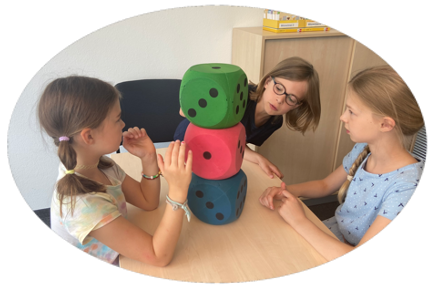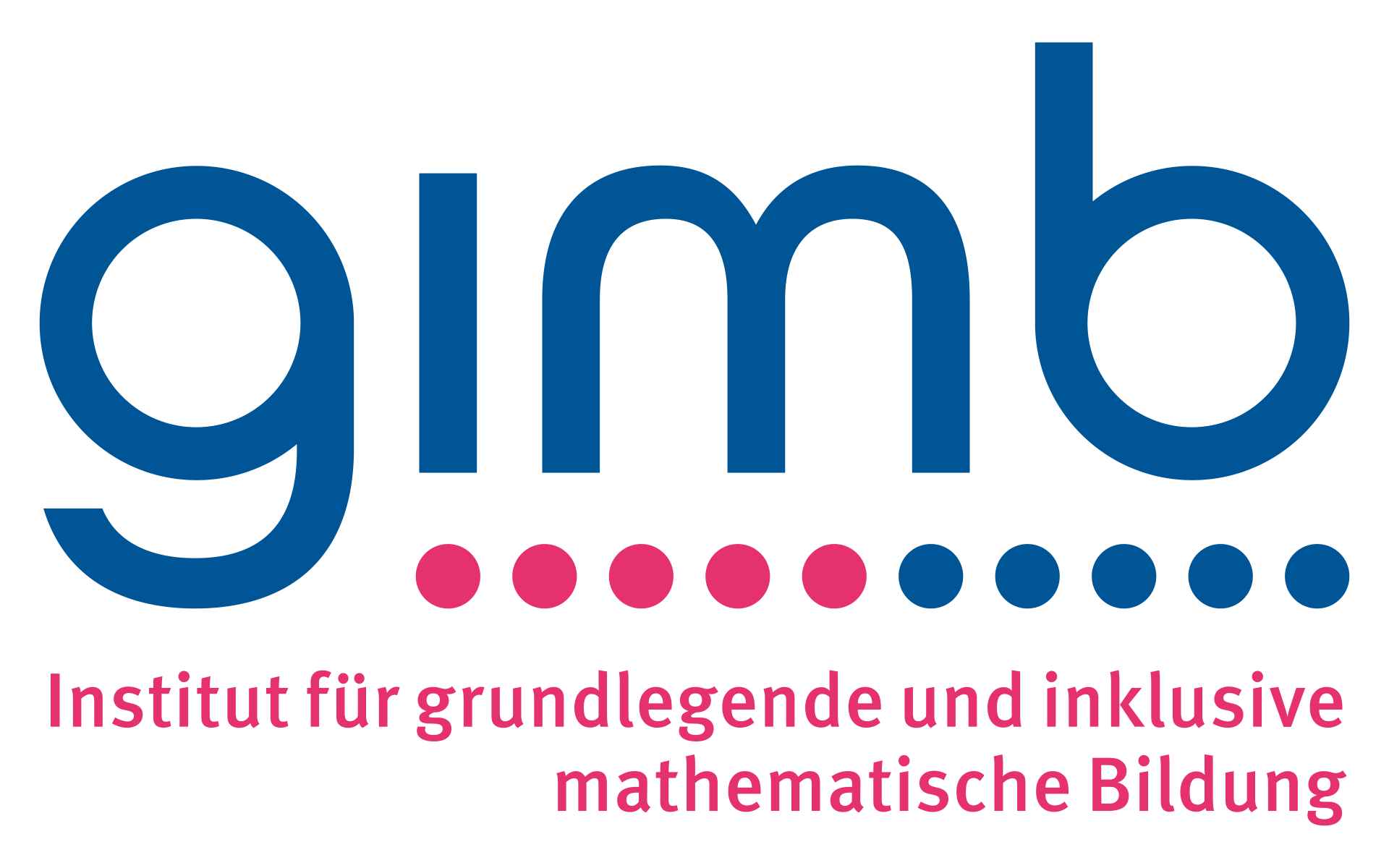Educational offers to expand mathematical interest and potential
“Math Aces” –
Exploring mathematical problems and phenomena
The programme targets third and fourth-graders with potential mathematical giftedness. It interweaves the fostering of children’s mathematical potential, the training of student teachers, and research. It allows interested children to explore exciting mathematical questions in biweekly 90-minute lessons. The programme aims to support children holistically and foster and diagnose their mathematical potential.
Goals of the programme...
... concerning the participating children:
- Maintain and increase the joy in dealing with numbers, shapes, and patterns
- Encourage enjoyment in problem-solving and foster intellectual curiosity
- Enrich and deepen the common content areas of school mathematics lessons
- Diversify the image of math and mathematical activities (discovering, exploring, problem-solving, developing theories; discover real-world applications and connections to science, technology, architecture, art, ...)
- Strengthen personal development (e.g. promoting self-confidence, willingness to make an effort, perseverance, and social skills)
... concerning research:
- Conduct case studies to develop characteristic models for mathematically gifted children at different ages as well as specific diagnostic tools

- Analyse and classify the problem-solving styles of mathematically gifted children
- Develop task materials and methodological handouts for enrichment projects and the development of mathematical potential in regular math lessons
... concerning the training of student teachers:
- Interweave theoretical knowledge and practical experience
- Acquire foundations to diagnose and foster children’s mathematical potential

- Develop professional competence and carry out professional activities
- Sensitise to approach children’s learning potentials and needs holistically
- Active participation of students in academic work (e.g. carrying out case studies as part of Bachelor and Master theses)
... concerning school practice:

- Exchange information to diagnose the children’s potentials in differentiated ways and develop joint support measures
- Develop concepts to foster all children, including those that are mathematically interested and gifted, in regular lessons
- Improve the overall quality of mathematics lessons at school (initiate a change in the learning culture)


